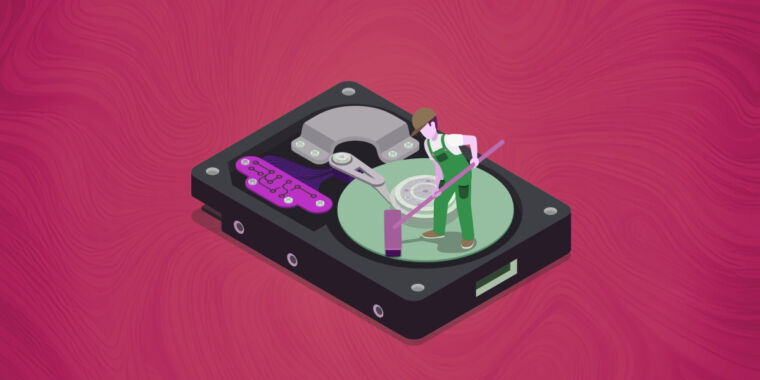cross-posted from: https://nom.mom/post/121481
OpenAI could be fined up to $150,000 for each piece of infringing content.https://arstechnica.com/tech-policy/2023/08/report-potential-nyt-lawsuit-could-force-openai-to-wipe-chatgpt-and-start-over/#comments



Because creative works are rather obviously fundamentally different from physical objects, in spite of a number of shared qualities.
Like physical objects, they can be distinguished one from another - the text of Moby Dick is notably different from the text of Waiting for Godot, for instance
More to the point, like physical objects, they’re products of applied labor - the text of Moby Dick exists only because Herman Melville labored to bring it into existence.
However, they’re notably different from physical objects insofar as they’re quite simply NOT physical objects. The text of Moby Dick - the thing that Melville labored to create - really exists only conceptually. It’s of course presented in a physical form - generally as a printed book - but that physical form is not really the thing under consideration, and more importantly, the thing to which copyright law applies (or in the case of Moby Dick, used to apply). The thing under consideration is more fundamental than that - the original composition.
And, bluntly, that distinction matters and has to be stipulated because selectively ignoring it in order to equivocate on the concept of rightful property is central to the NoIP position, as illustrated by your inaccurate comparison to a pen.
Nobody is trying to control the use of pens (or computers, as they were being compared to). The dispute is over the use of original compositions - compositions that are at least arguably, and certainly under the law, somebody else’s property.